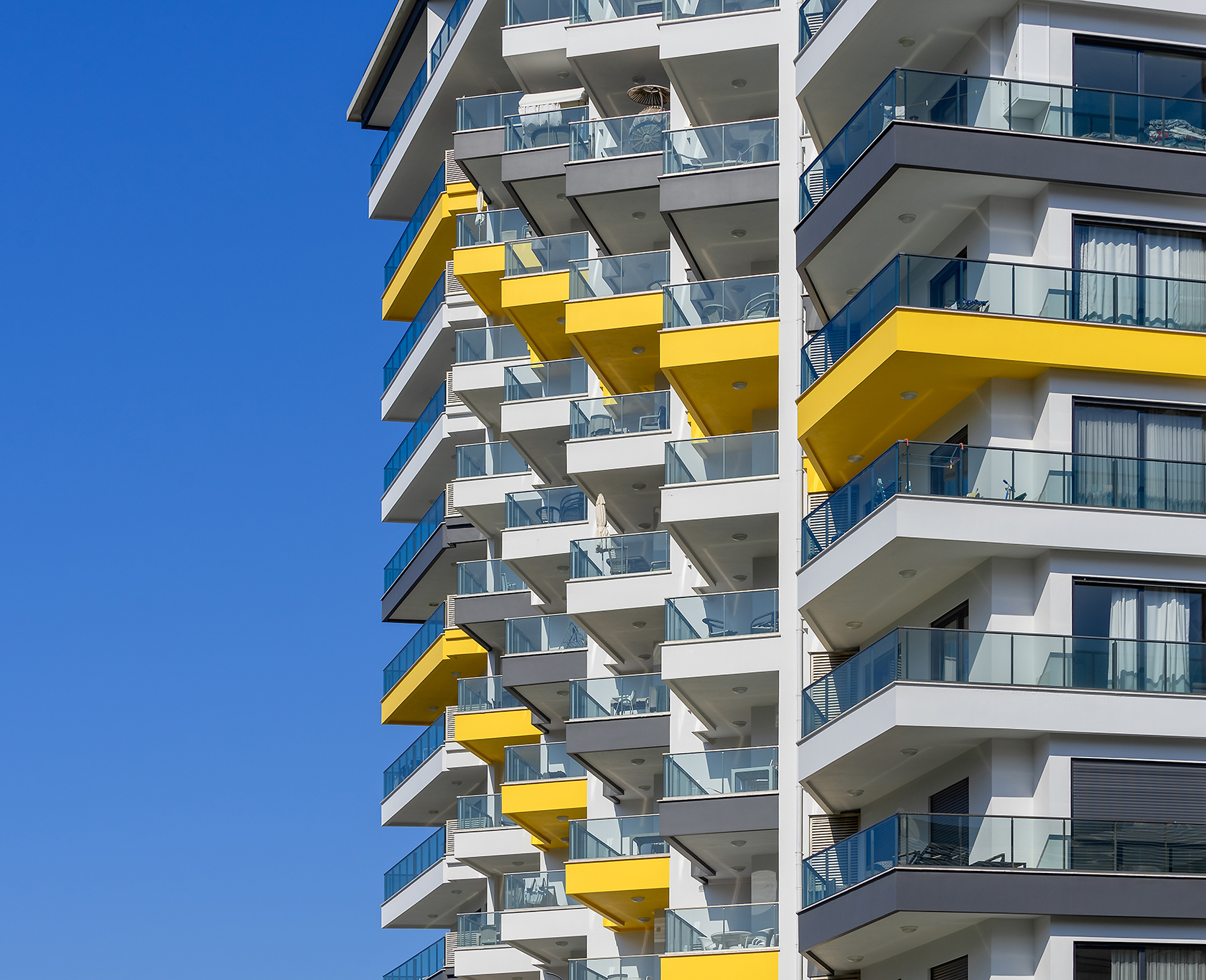The Ultimate Comparison: HOA Condo vs. Typical Home
The Ultimate Comparison: HOA Condo vs. Typical Home
Blog Article
The Role of an HOA in Establishing and Enforcing Area Standards for Homeowners
The role of a Homeowners Association (HOA) in imposing and developing community guidelines is basic to maintaining a organized and cohesive domestic environment - hoa condo. By creating clear guidelines that control facets such as building upkeep and community conduct, the HOA not only sets requirements for citizens however also promotes a feeling of belonging and liability. Nevertheless, the application of these guidelines can present numerous obstacles, raising questions about interaction, neighborhood, and justness interaction. As we check out these intricacies, it comes to be apparent that the influence of an HOA prolongs much past simple rule enforcement.
Comprehending Home Owners Organizations
Homeowners organizations (HOAs) work as regulating bodies for domestic neighborhoods, playing an important duty in keeping residential property values and fostering a sense of area. Typically formed by designers, HOAs are composed of house owners within an assigned area that elect a board to manage the organization's activities. The primary functions of an HOA consist of implementing area rules, handling typical locations, and arranging community events.
HOAs run under a set of regulating papers, including conditions, constraints, and commitments (CC&R s), which describe the legal rights and obligations of home owners. These guidelines intend to guarantee that residential properties are kept to a specific standard, consequently safeguarding the visual allure and overall worth of the neighborhood. Furthermore, HOAs often gather fees from property owners to fund upkeep, landscape design, and various other neighborhood services.
The visibility of an HOA can dramatically influence the living experience within a community (hoa condo). While some locals value the organized setting and services supplied, others might find particular guidelines limiting. Balancing the passions of all house owners is vital for an HOA to work effectively, making certain that it offers its intended purpose of improving neighborhood living while valuing private property owner civil liberties
Creating Community Standards

To start, an HOA ought to perform studies or hold conferences that allow locals to voice their worries and recommendations. This participatory process fosters a sense of possession and increases conformity. Next, the HOA board need to assess the feedback to determine common styles and priorities that require official incorporation in the guidelines.
It is additionally necessary to make sure that the standards are clear, concise, and easily understood. Obscurities can cause misunderstandings and conflicts, threatening the objective of the standards. The standards ought to be detailed, covering different facets of neighborhood living, including residential or commercial property upkeep, noise levels, and use of typical areas.
Enforcement of Regulations
Efficient enforcement of area policies is critical for preserving order and making certain that all homeowners abide by the developed guidelines. An HOA has to carry out a structured strategy to enforce these policies, which usually includes a mix of monitoring, interaction, and charges for non-compliance.
First, routine examinations and area patrols can aid identify infractions, guaranteeing that policies are regularly applied across the community. This proactive tracking allows the HOA to address concerns prior to they intensify, fostering a feeling of responsibility among citizens.
Second, clear communication is necessary. Homeowners ought to be educated of the regulations and the treatments for reporting violations. An open line of communication encourages citizens to voice concerns and look for information on guidelines, which can improve compliance.

Last but not least, when offenses take place, the HOA must apply consequences as outlined in the controling papers. By successfully implementing policies, an HOA can cultivate a harmonious living atmosphere that reflects the cumulative values of its residents.
Benefits of HOA Laws
Many advantages occur from the execution of HOA policies, which serve to enhance the lifestyle within a neighborhood. One key advantage is the upkeep of property values. By implementing criteria for aesthetic appeals and upkeep, HOAs guarantee that homes and usual locations remain attractive, cultivating a desirable living atmosphere see here now that can cause raised residential property worths gradually.
In addition, HOA regulations advertise consistency and harmony within the neighborhood. This coherence in style and maintenance helps to produce a sense of belonging amongst citizens, adding to community pride and a positive atmosphere. Developed standards facilitate dispute resolution among neighbors by providing clear expectations and methods for habits, therefore minimizing disputes.
An additional substantial benefit is the arrangement of common amenities and solutions. Many HOAs take care of neighborhood centers such as clubhouses, parks, and swimming pools, which boost recreational chances for citizens. These features not only improve the top quality of life yet also motivate social interaction.
Ultimately, the laws set forth by an HOA cultivate an efficient, unified area, making sure that residents appreciate a high requirement of living while fostering a helpful environment for all house owners.
Usual Obstacles Faced by HOAs
Among the benefits that homeowners organizations (HOAs) can give, they also come across a variety of challenges that can hinder their efficiency. One substantial concern is the absence of resident engagement. Many homeowners might not take part in conferences or neighborhood tasks, causing a disconnect between the HOA board and locals. This disengagement can cause misunderstandings about neighborhood standards and an absence of assistance for enforcement initiatives.
An additional challenge is the enforcement of guidelines and rules. Disagreements can occur when residents really feel that enforcement is inconsistent or prejudiced, potentially bring about disputes within the community. Furthermore, HOAs usually deal with monetary restraints, which can limit their capacity to preserve typical areas or fund area tasks. This can create dissatisfaction among citizens who anticipate high requirements of upkeep.
Moreover, browsing legal intricacies can be discouraging for HOAs. Altering demographics and developing area needs require HOAs to adjust their standards, often meeting resistance from long-lasting homeowners that are accustomed to standard standards.
Conclusion

By developing clear policies that regulate aspects such as property upkeep and neighborhood conduct, the HOA not just establishes standards for locals but likewise cultivates a sense of belonging and liability.Homeowners organizations (HOAs) offer as governing bodies for domestic neighborhoods, playing a critical role in maintaining property worths and promoting a feeling of community. Lots of home owners might not participate in meetings or neighborhood activities, leading to a separate between the HOA board and residents. Progressing and altering demographics area needs need HOAs to adapt their standards, typically satisfying resistance from enduring citizens that are accustomed to traditional norms. Via the development of clear policies and constant enforcement, HOAs advertise home upkeep, area pride, and depend on amongst homeowners.
Report this page